Privilege, Exceptionalism, Pathology, Power, and the Trumps
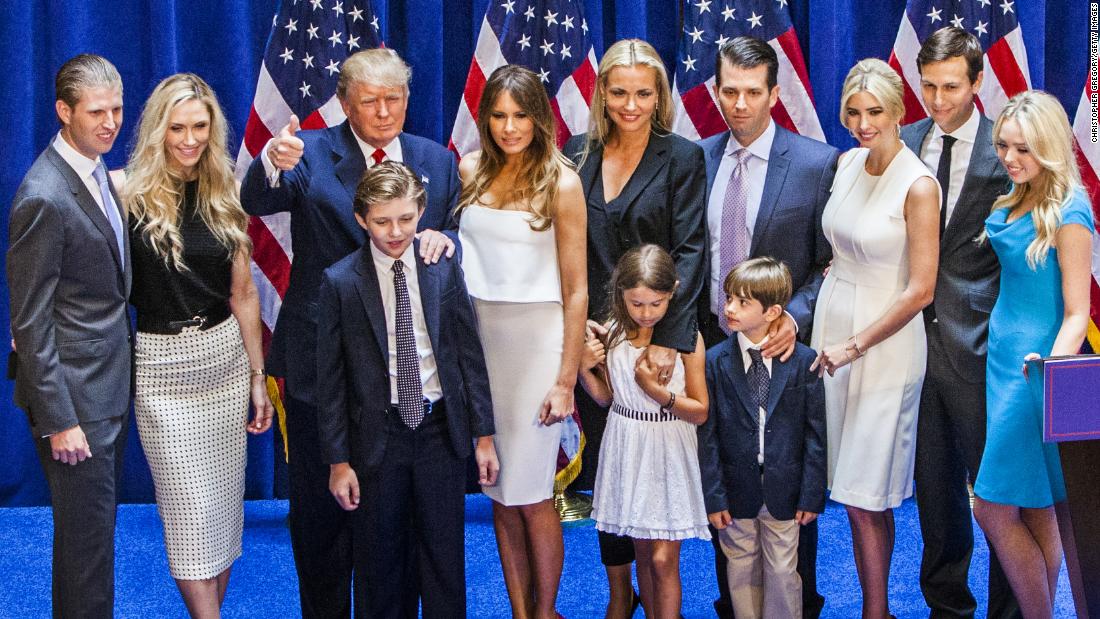
Photo: CNN
The Ongoing saga of America’s Moral and Spiritual Bankruptcy
Then...
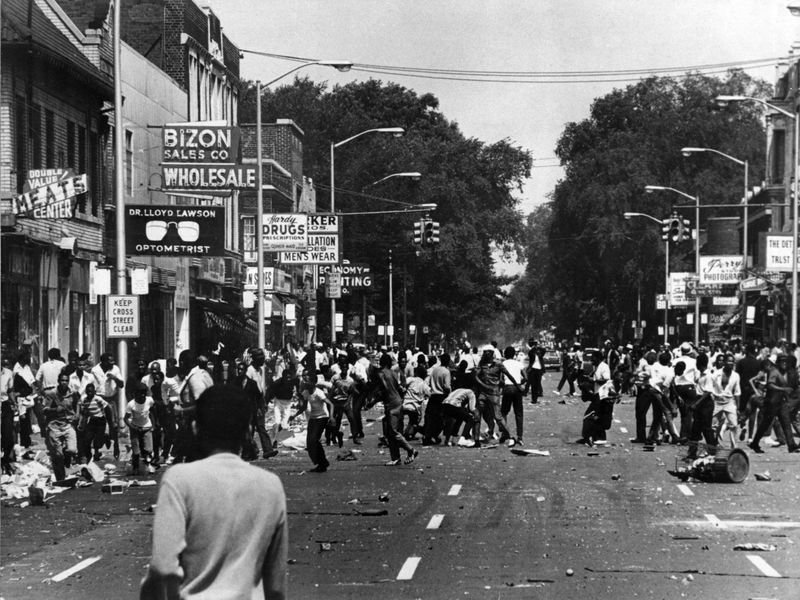
Scene from the 1967 Detroit riot. (Keystone Pictures USA / Alamy Stock Photo), via SMITHSONIANMAG.COM
And Now…
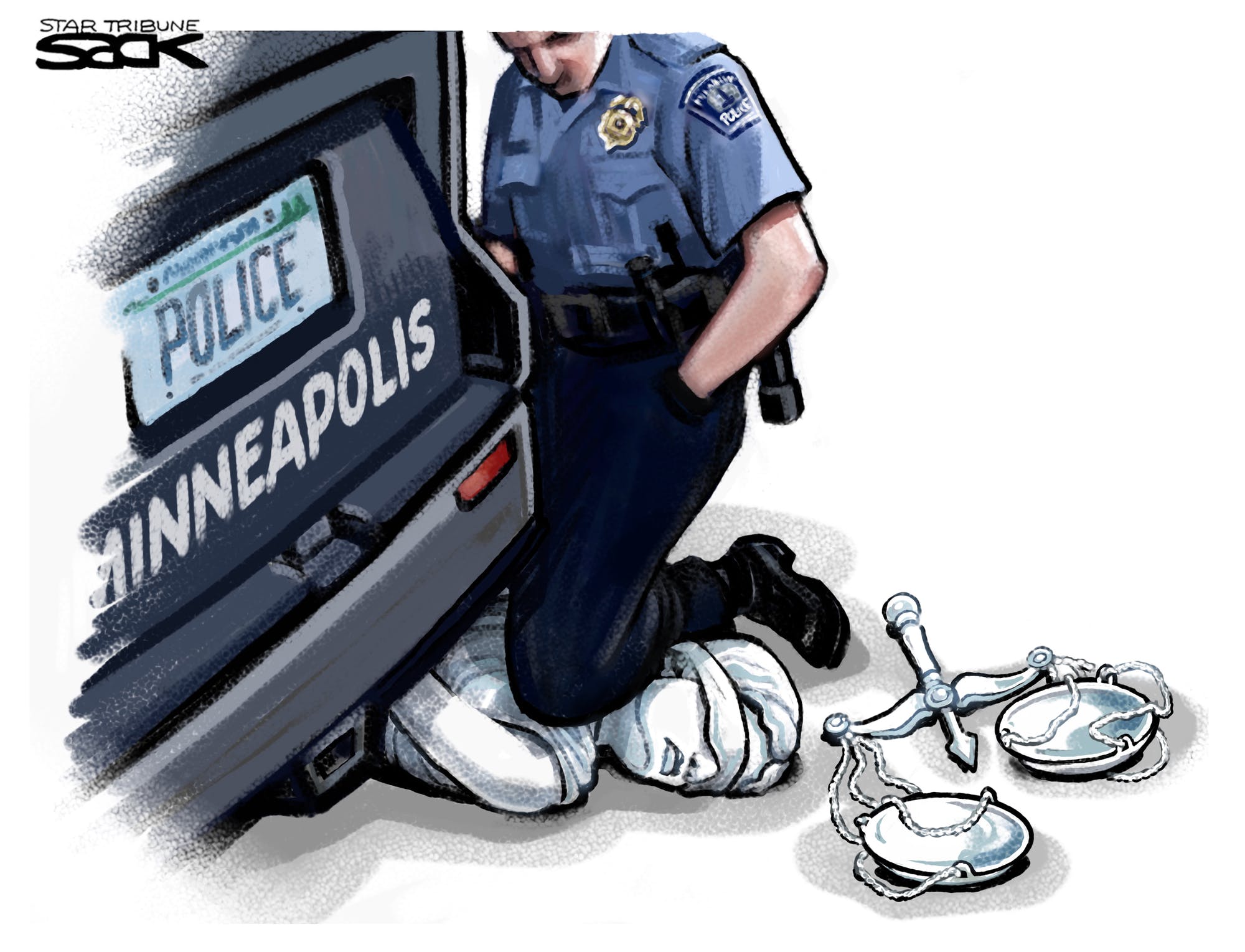
Drawing by Steve Sac, Star Tribune
‘Half a century ago, a special commission assembled by President Lyndon Johnson was tasked to better understand the causes of racial unrest in the nation. The result was the landmark 176-page report, “The America of Racism." Better known as the “Kerner Report,” the massive undertaking—done by National Advisory Commission on Civil Disorders, headed by Otto Kerner, then-governor of Illinois—examined cultural and institutional racism in the United States, from segregated schools and neighborhoods to housing discrimination, cycles of poverty and lack of employment opportunities.’- Study Shows Little Change Since Kerner Commission Reported on Racism 50 Years Ago
And now, fifty years later, ‘if you look at the institutional racism, the implicit and explicit biases, the stereotypes, and the vicious cycle that continues to rob black males of freedom and opportunity, it seems just as true today.’
What A 1968 Report Tells Us About The Persistence Of Racial Inequality
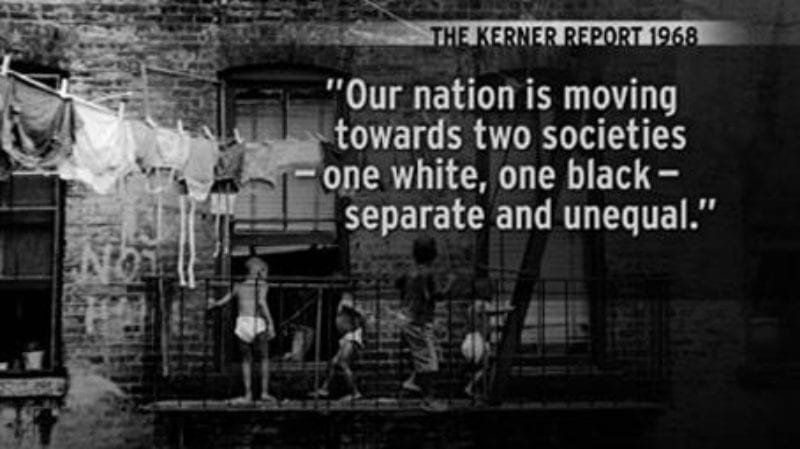
Photo: YouTube
‘In summer of 1967, African Americans protested, marched, and rioted in cities across the country. The unrest convinced President Lyndon Johnson to set up the Kerner Commission, which spent about six months doing research, visiting slums, and holding hearings. In 1968, they published a provocative report that civil rights leader Jesse Jackson recently called "the last attempt to address honestly and seriously the structural inequalities that plague African Americans."
"Segregation and poverty have created in the racial ghetto a destructive environment totally unknown to most white Americans," the Kerner report said. "What white Americans have never fully understood — but what the Negro can never forget — is that white society is deeply implicated in the ghetto. White institutions created it, white institutions maintain it, and white society condones it."
Fifty years later, Americans are taking to the streets again, protesting systemic inequities that haven't gone away. How much has really changed?’...Continue to read
The 1960s report that told the USA it was racist
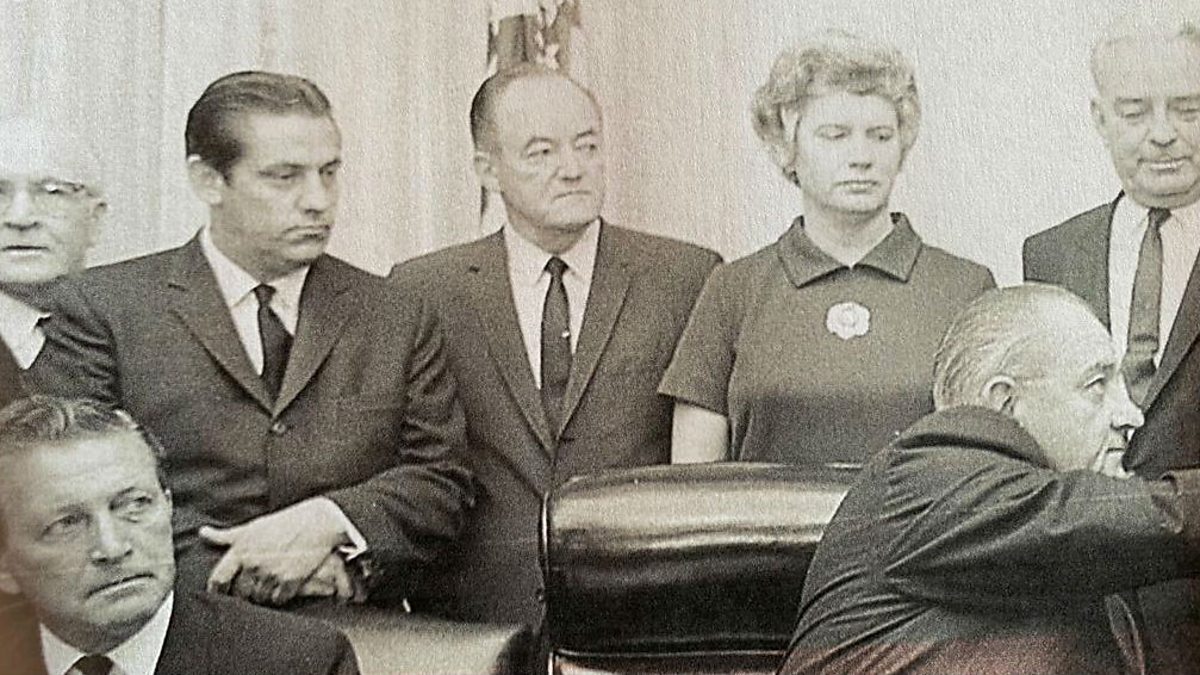
Photo: BBC
In the summer of 1967 more than 100 cities in America were caught up in riots. US Senator Fred Harris urged the President, Lyndon B Johnson, to investigate the causes.
He set up the Kerner Commission and appointed Fred Harris as one of 11 members to find out why America was burning. The final report shocked many Americans when it blamed white racism for creating and sustaining black ghettos.
Fred Harris spoke to Witness History about that summer.
See also: White Privileges and sense of Exceptionalism and Racism in America

Photo: PBS
The concept of there being "two Americas" is almost as old as the nation itself. From the outset there were the landowners, the ruling class - the "haves". And then there were the have-nots. That divide has been economic but also racial, with minorities claiming a disproportionately small share of the nation's substantial wealth.
And yet, a 2013 Pew Research Center study showed that half of white Americans surveyed do not feel that African Americans are treated less fairly by the police, employers, doctors and others. Only 13% of blacks felt the same way. Amid the current backdrop of the Black Lives Matter movement and increasing wealth disparity, Clive Myrie from the BBC's This Week's World delves into what white Americans understand - or don't - about race.
Watch the video: Inside the mind of white America - BBC News
See more: Trump’s racism and American exceptionalism
The belief that America is exceptional is based on the old colonial misconception that power bestows moral superiority.
Read more:
‘Over the last two centuries, prominent Americans have described the United States as an "empire of liberty," a "shining city on a hill," the "last best hope of Earth," the "leader of the free world," and the "indispensable nation." These enduring tropes explain why all presidential candidates feel compelled to offer ritualistic paeans to America’s greatness... Most statements of "American exceptionalism" presume that America’s values, political system, and history are unique and worthy of universal admiration. They also imply that the United States is both destined and entitled to play a distinct and positive role on the world stage…’
The Myth of the ‘Promised’ Land
Mr. Trump, this is not the way to make America great again!
The American Emperor Has No Clothes
‘I have a Dream’, 57 Years On and Why We Must Carry on Imagining the Dream
And finally, this is not the way to make America Great
